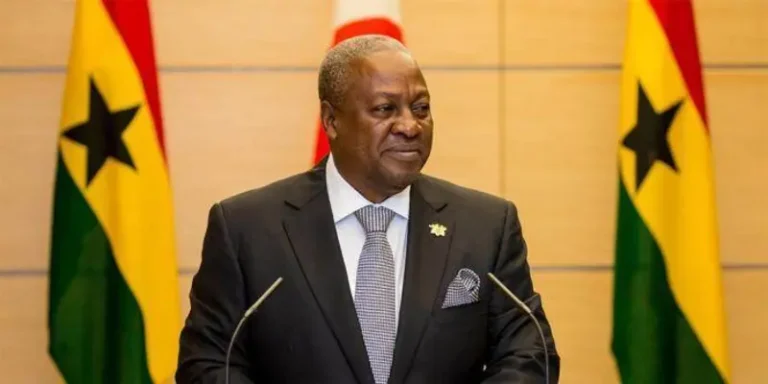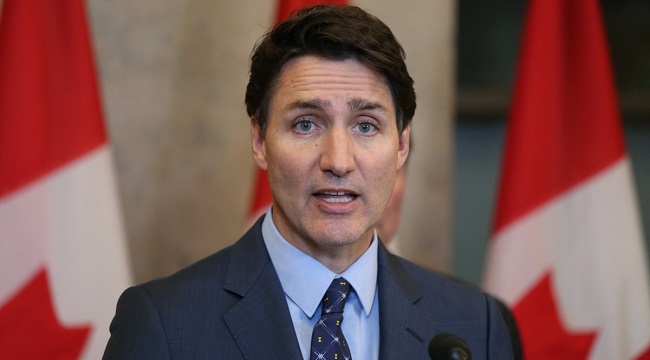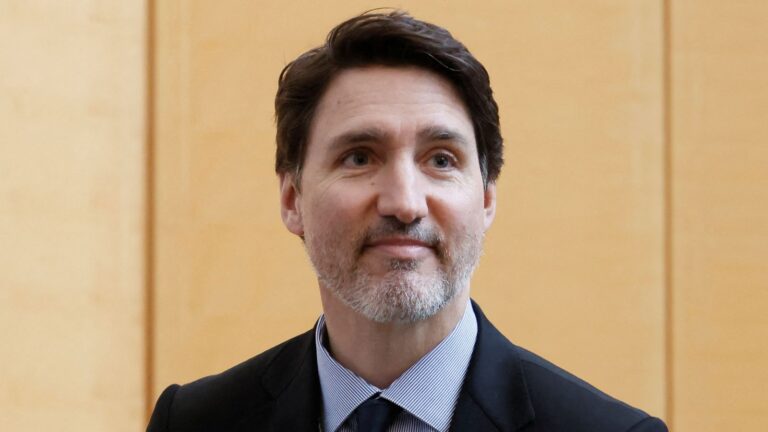
Hezbollah
Lebanon’s Hezbollah militant group confirmed that its leader and co-founder Hassan Nasrallah was killed in an air strike in Beirut the previous day as Israel bombarded the Lebanese capital of Beirut.
A statement from the group said Nasrallah “has joined his fellow martyrs” and vowed to “continue the holy war against the enemy and in support of Palestine”.
The Lebanese population is sharply divided on the role Hezbollah plays in their politics, with some supporting the movement and others deeply resentful, notably those who want their nation to be free from sectarian conflict to allow civil society and the rule of law to prevail.
The confirmed death of Hezbollah leader Hassan Nasrallah came as a “shock” to Lebanon, according to Salah Hijazi, deputy chief of the political desk at “L’Orient le Jour.” Hezbollah is “perceived as the liberator … and the author of the victory of the 2006 Israel-Lebanon war”, he said, adding that Nasrallah’s death is unlikely to remove the group from power.
Israel
An Israeli military statement maintained that Nasrallah and other members of Hezbollah command were legitimate targets under international law.
The army also accused Nasrallah of having been behind the deaths of Israeli civilians and military personnel.
“During Hassan Nasrallah’s 32-year reign as the secretary-general of Hezbollah, he was responsible for the murder of many Israeli civilians and soldiers, and the planning and execution of thousands of terrorist activities,” the statement said.
“He was responsible for directing and executing terrorist attacks around the world in which civilians of various nationalities were murdered. Nasrallah was the central decision-maker and the strategic leader of the organisation.”
Defence Minister Yoav Gallant emphasised that Israel is not at war with the Lebanese people, saying Nasrallah had posed a threat to people everywhere. The Hezbollah chief “was the murderer of thousands of Israelis and foreign citizens. He was an immediate threat to the lives of thousands of Israelis and other citizens,” Gallant said in a statement. “To the people of Lebanon, I say: Our war is not with you. It’s time for change.”
Hamas
Palestinian group Hamas said in a statement it mourned the death of Lebanon’s Hezbollah leader Sayyed Hassan Nasrallah but added that his death would only strengthen the militant group’s resistance.
“Crimes and assassination by the occupation will only increase the determination and the insistence of the resistance in Palestine and Lebanon to go forward with all their might, bravery and pride on the footsteps of the martyrs …,” Hamas said in a statement.
Iran’s Supreme Leader Ayatollah Ali Khamenei
Iran’s Ayatollah Ali Khamenei called on Muslims on Saturday “to stand by the people of Lebanon and the proud Hezbollah with whatever means they have and assist them in confronting the … wicked regime [of Israel]”.
“The fate of this region will be determined by the forces of resistance, with Hezbollah at the forefront,” state media reported Khamenei as saying in a statement after the Israeli army said it had killed Nasrallah.
The Houthis
The Iran-backed Houthis in Yemen, a Hezbollah ally in opposing Israel, vowed to continue their fight.
“The resistance will not be broken, and the Jihadist spirit of the Mujahideen brothers in Lebanon and on all fronts of support will grow stronger and bigger,” the group said in a statement.


